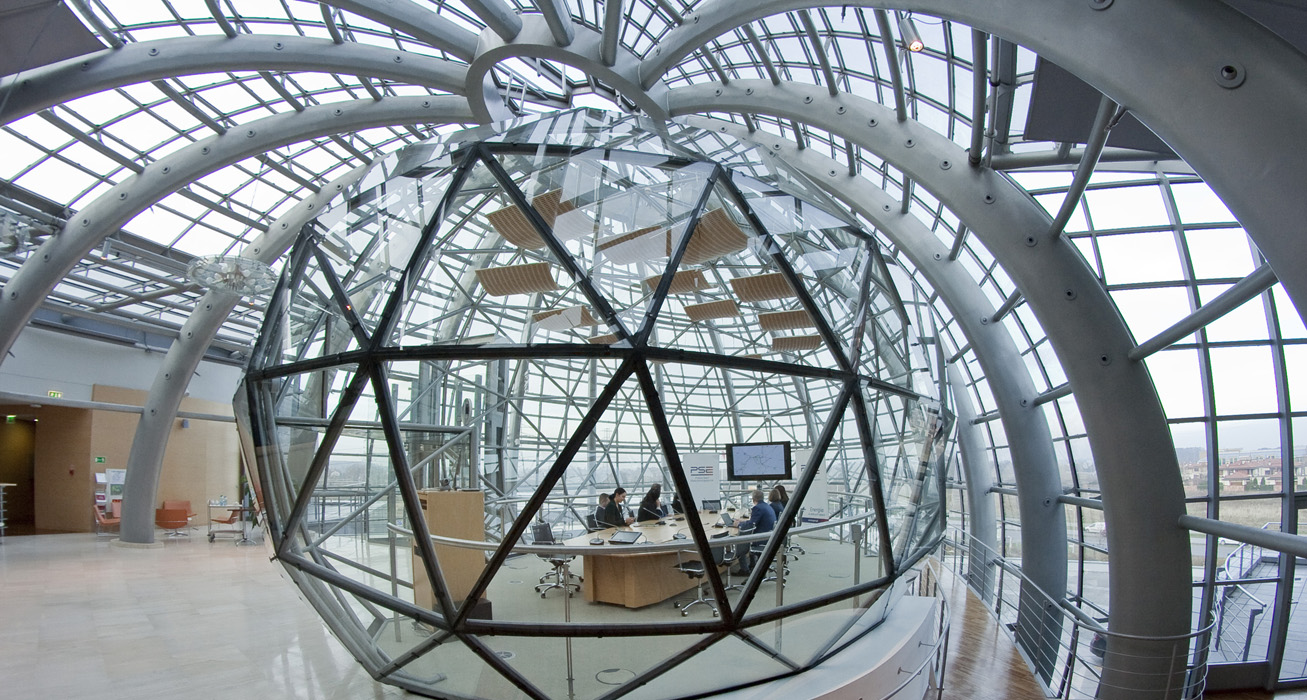PSE has been publishing annual social reports since 2014. The study you have before you is our seventh report on the economic, environmental and social impact on Poland’s development, as well as on responsible business practices and organisational governance. It is also the tenth social publication of our organisation, and the eighth integrated version presented in an interactive form.
The document shows financial and non-financial data in an integrated manner, as well as detailed calculations of PSE’s impact on the economy, public finances, society and the environment.
The purpose of the report is to give you an idea of the energy transition challenges facing PSE and the electricity sector as a whole, as well as how our company is responding to these challenges, particularly in the implementation of strategic activities and initiatives.
To ensure high-quality reporting, the report meets the requirements of the International Integrated Reporting Council and the Global Reporting Initiative (GRI) Standards 2021 international non-financial reporting stand.
Chapter title: We have prepared the report on PSE’s impact on the market and the economy in accordance with the methodology developed by a third-party expert based on the Wassily Leontief model, also called the inter-industry flow model or Input-Output model. The method focuses on examining the interdependencies between sectors of the economy. The model was based on the most recent inter-industry flow tables at current base prices for domestic output. We used three key areas of economic growth to show how our business impacts the economy and society: value added, jobs and wages.
In the report, we show the important issues in our environment.
